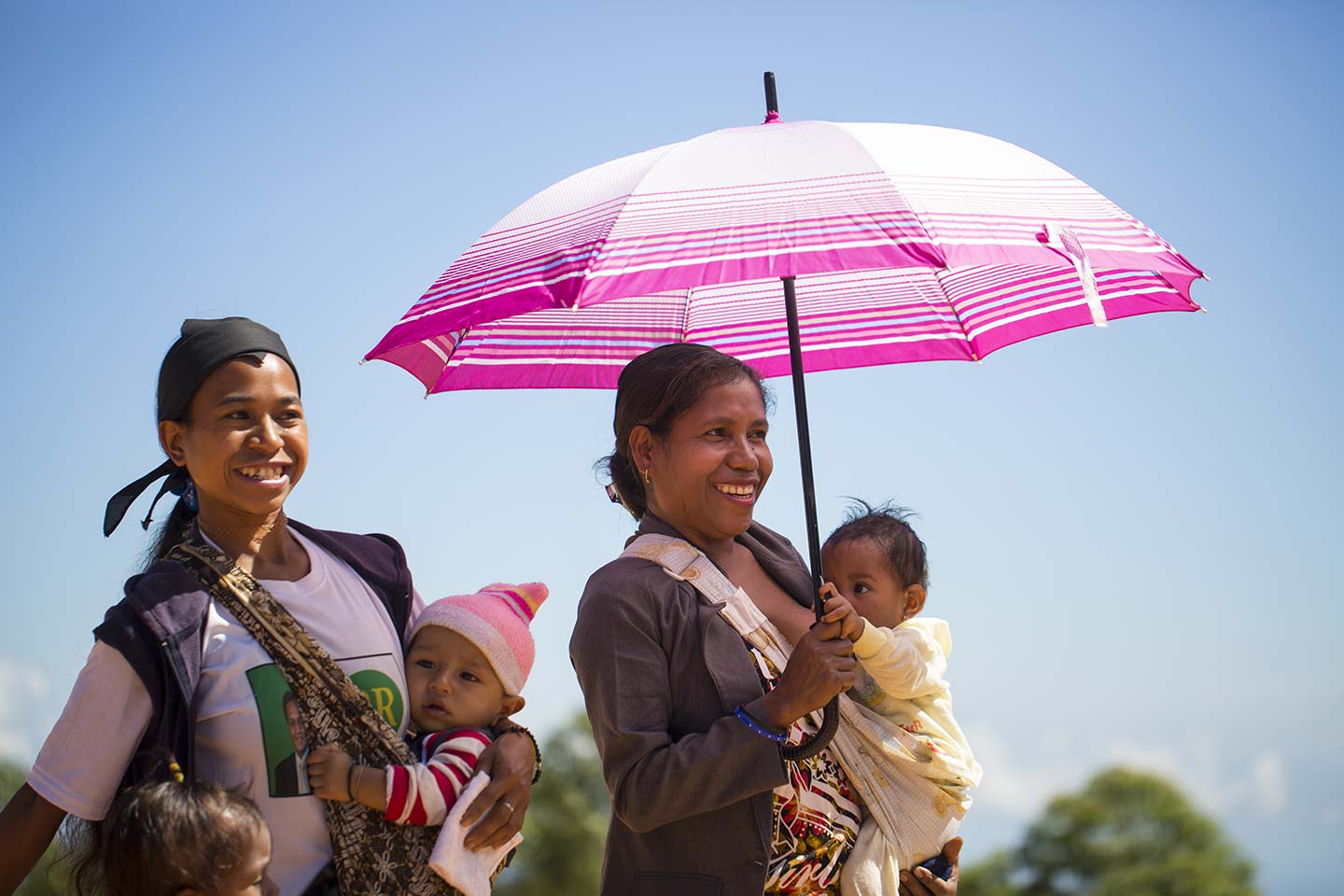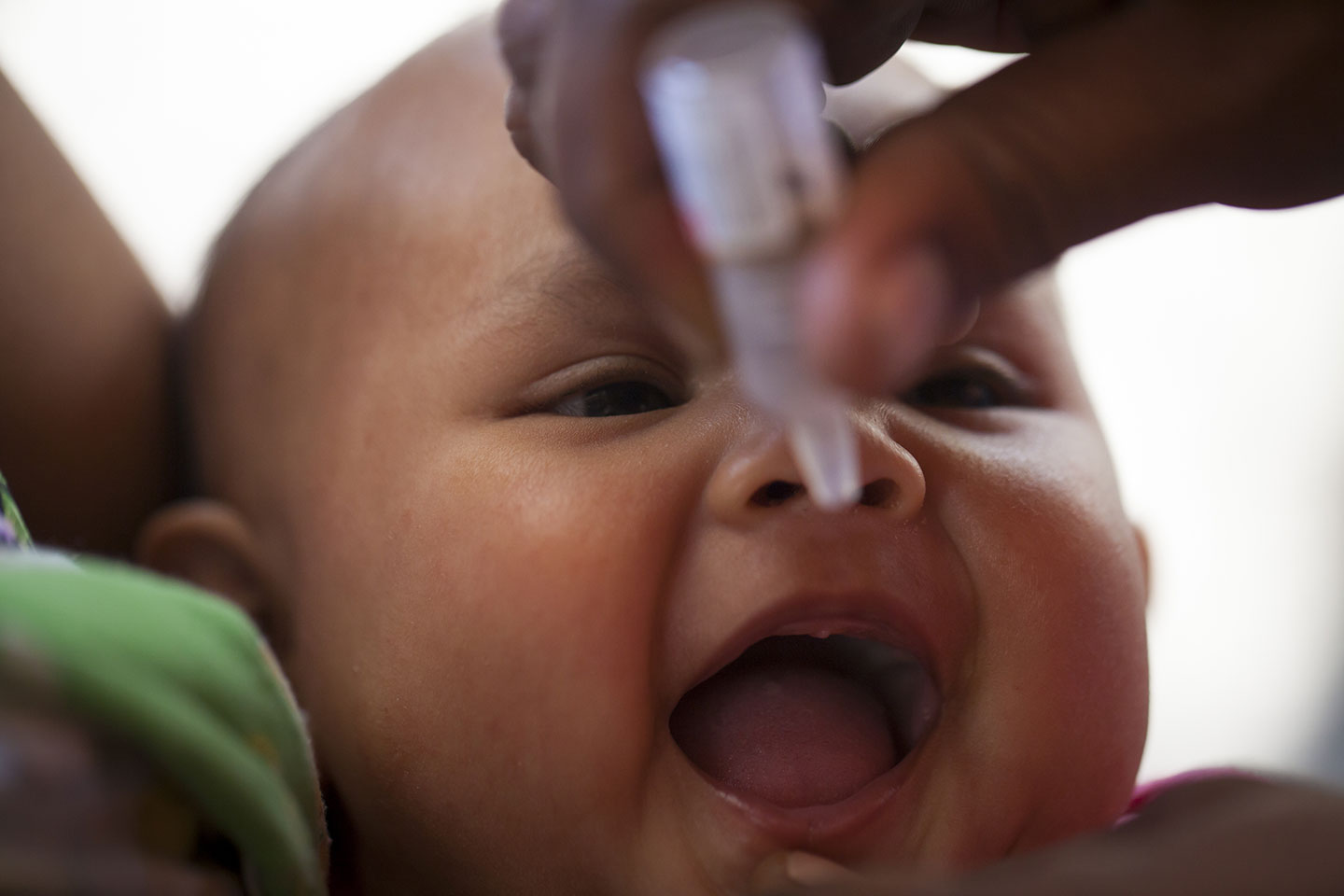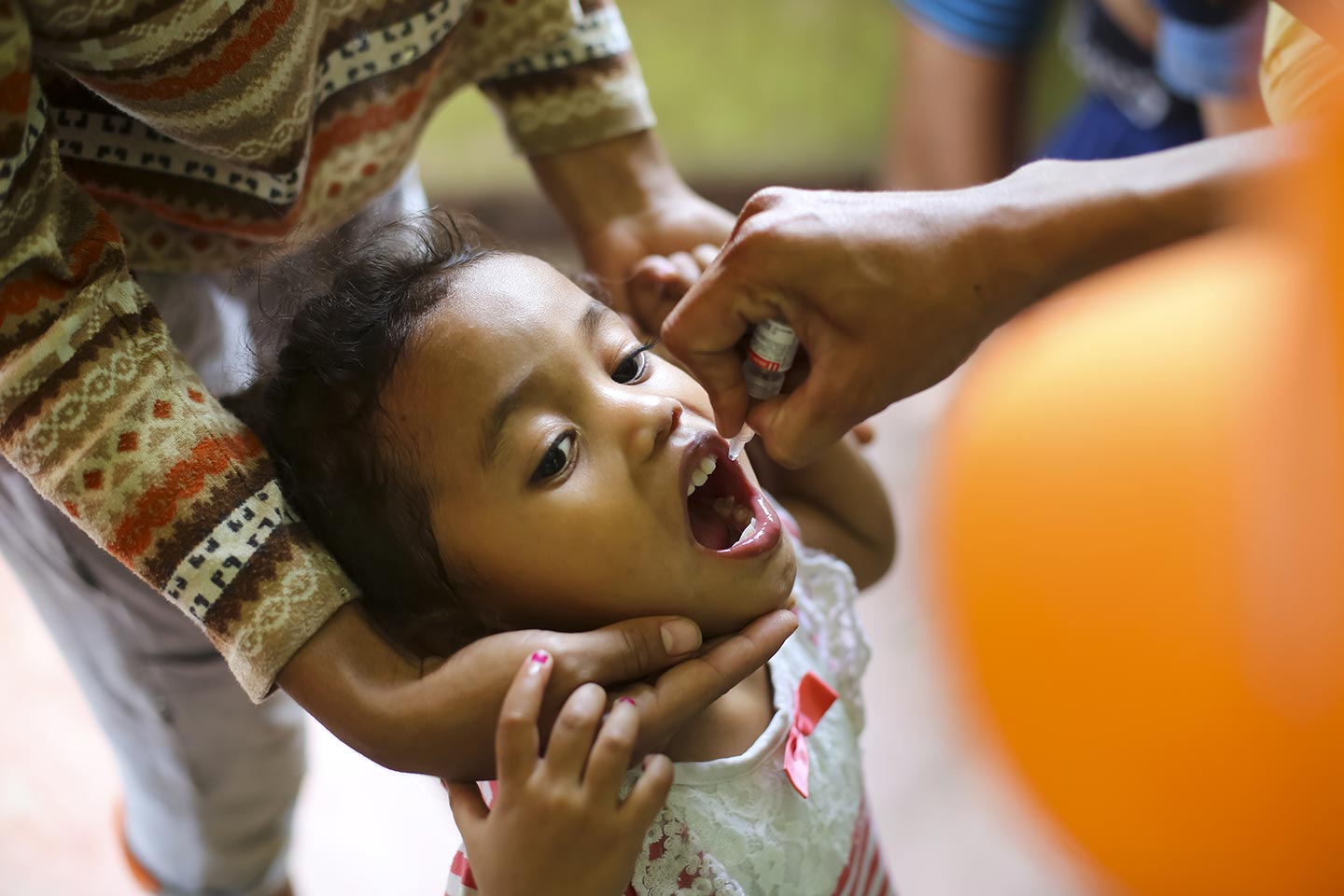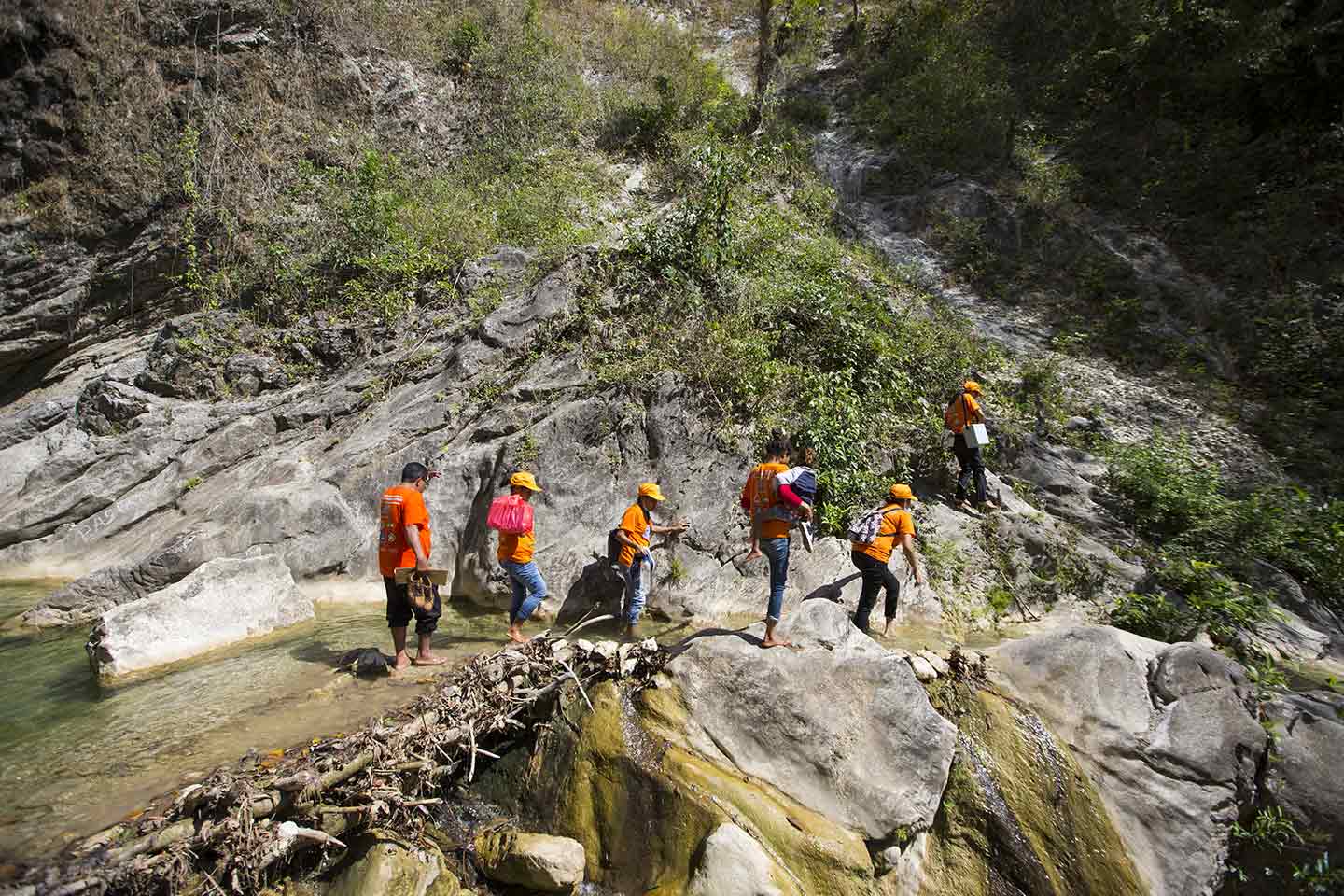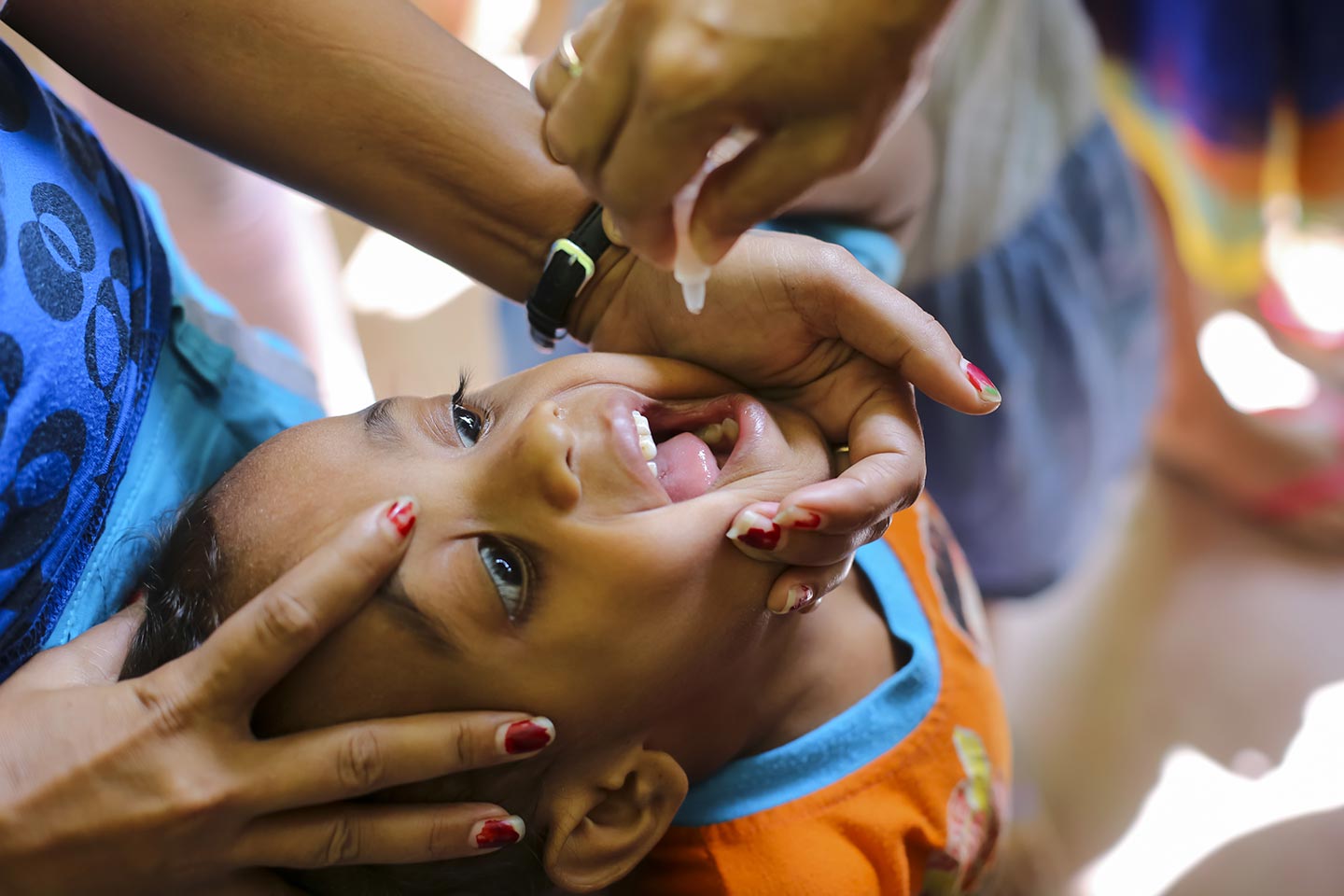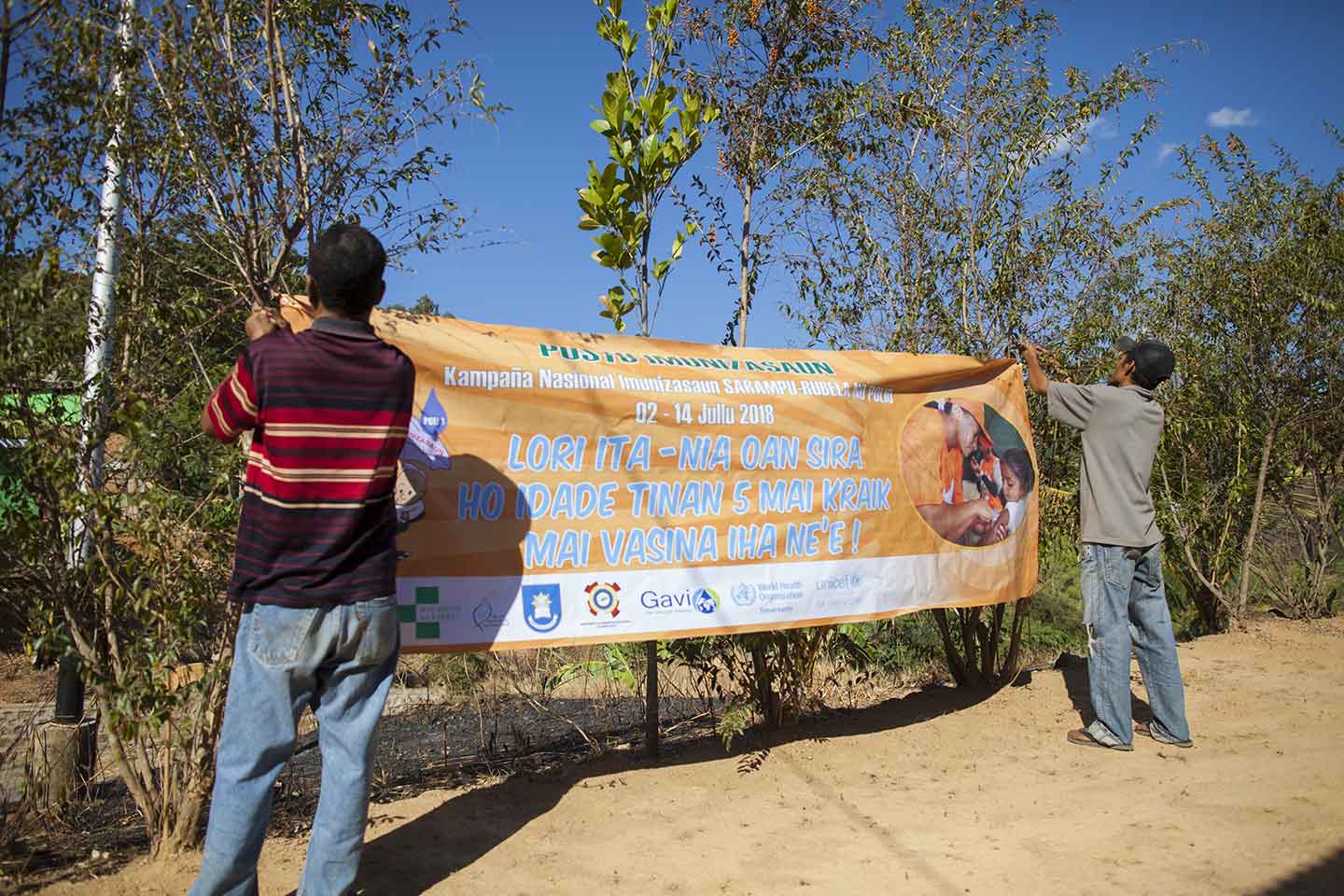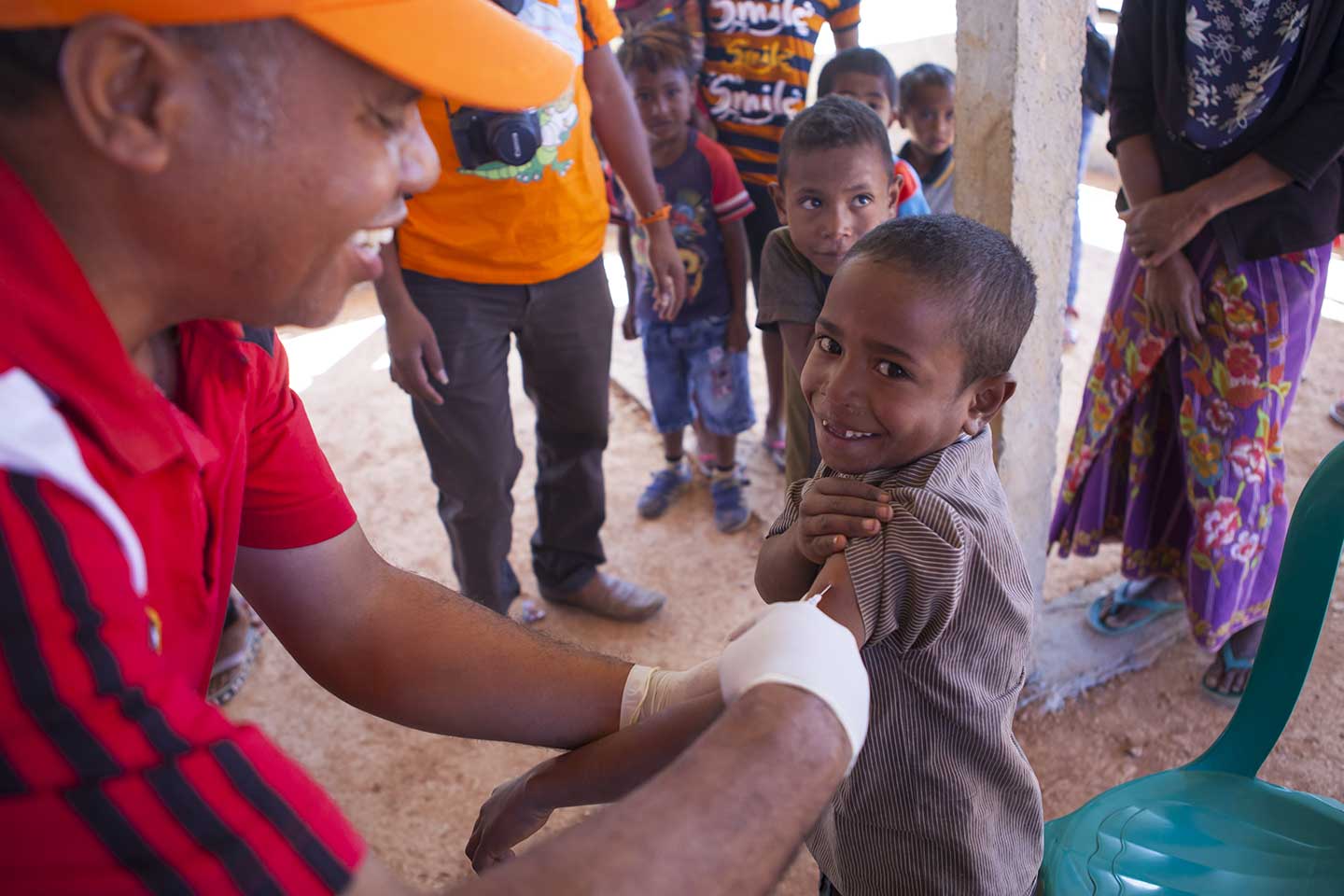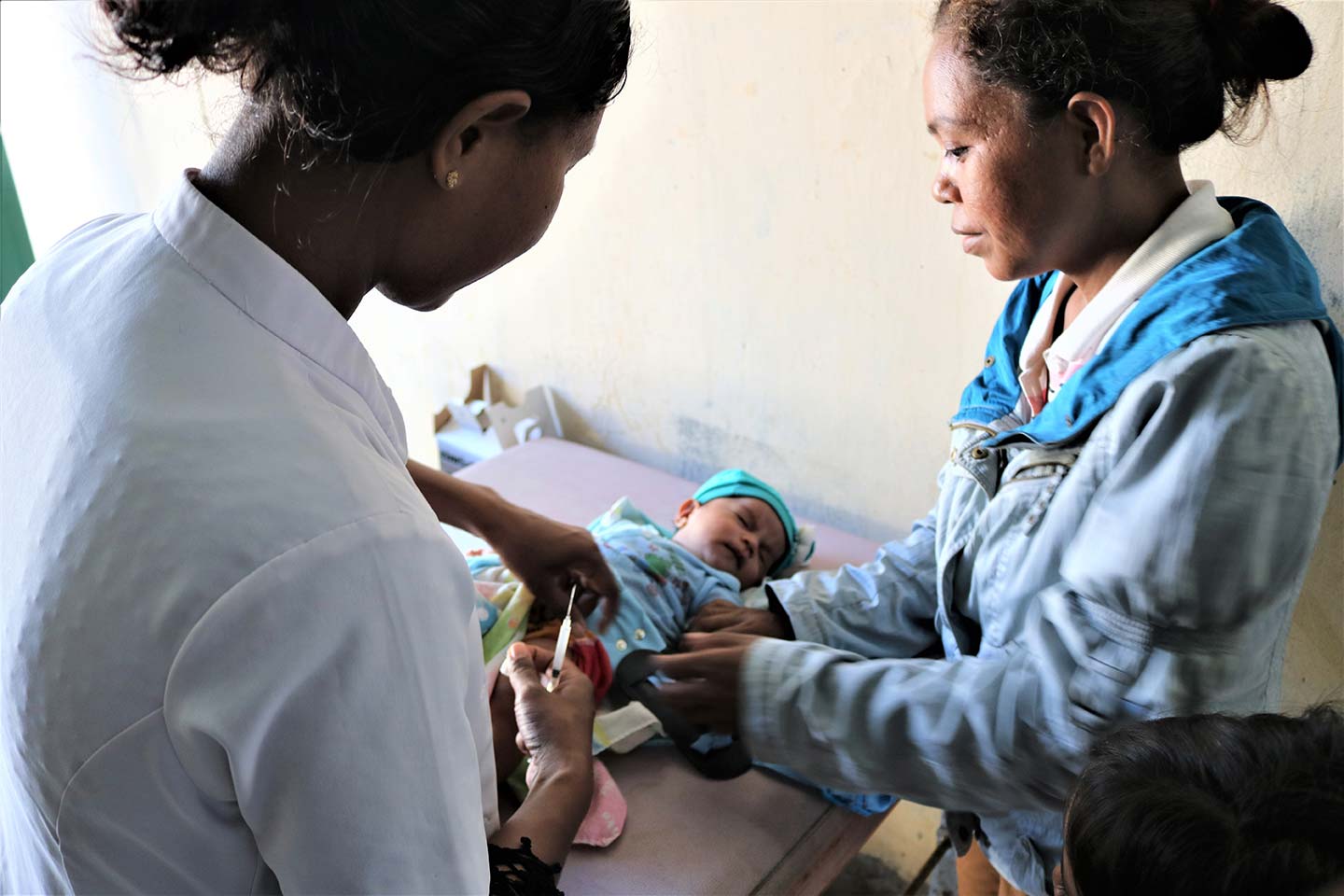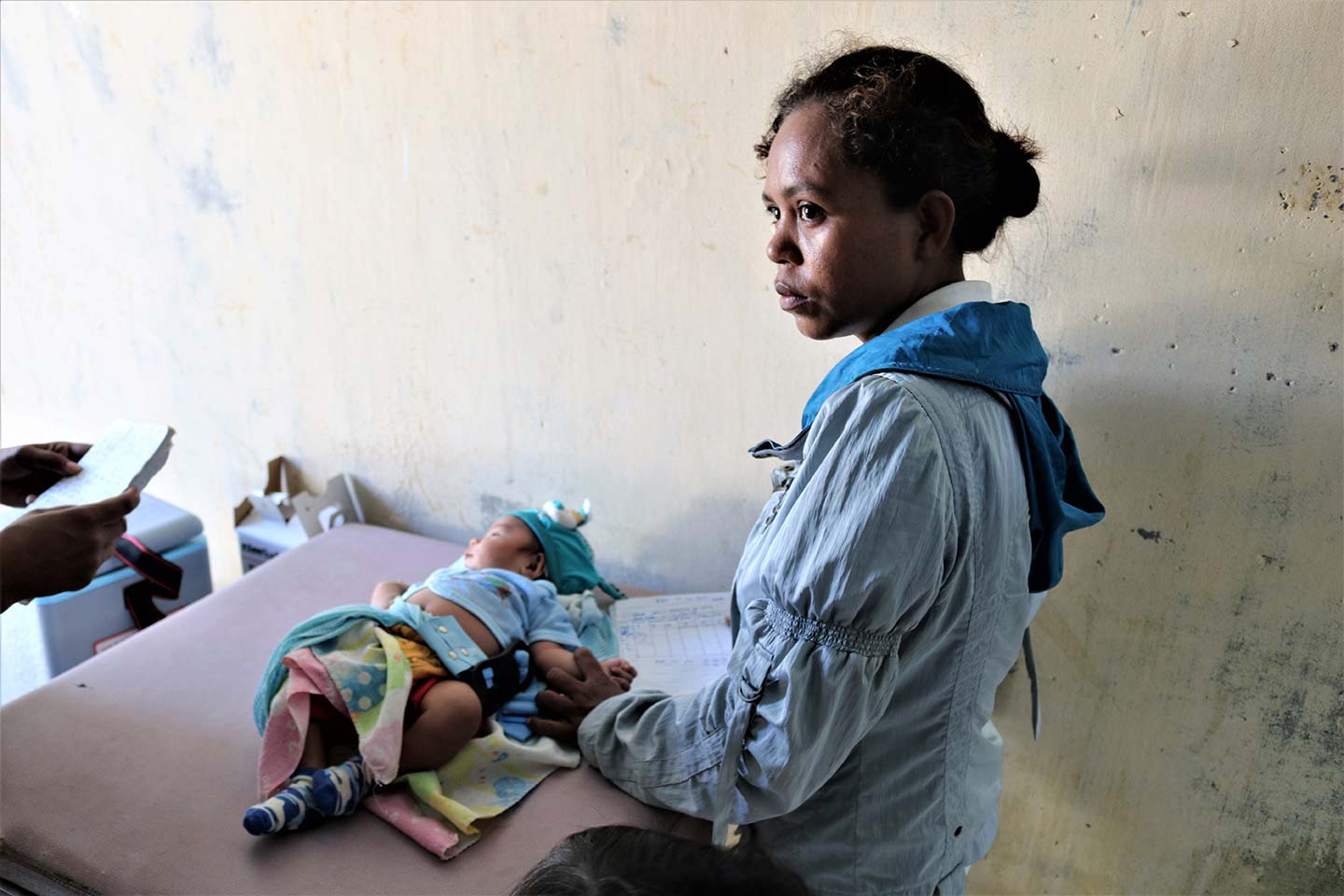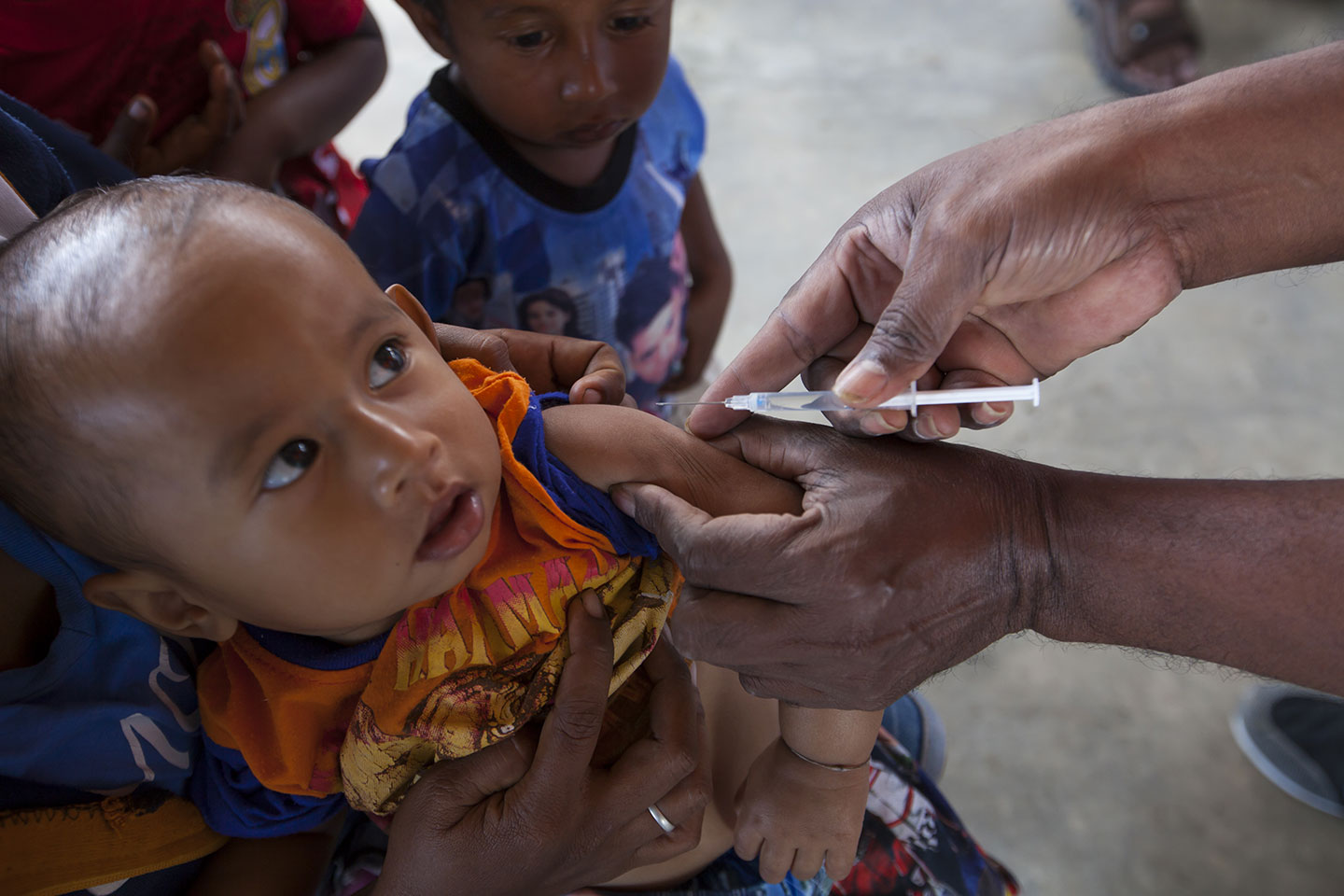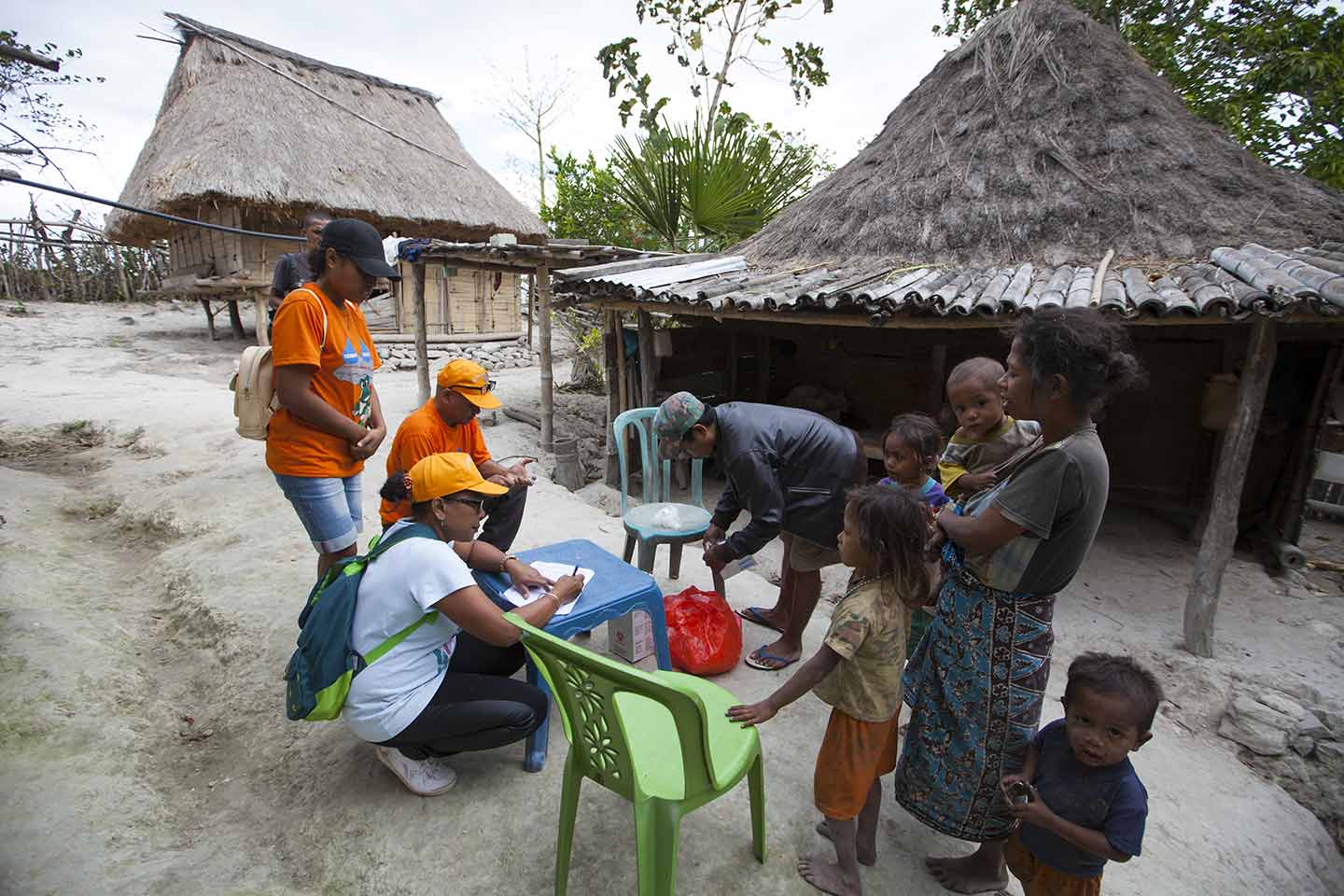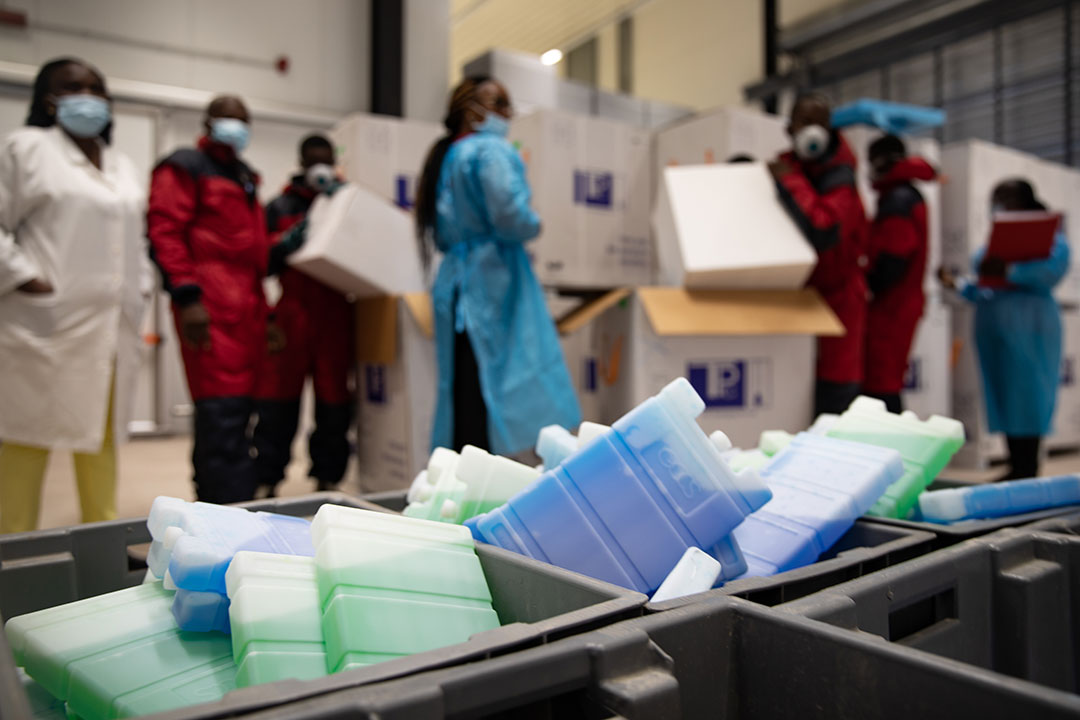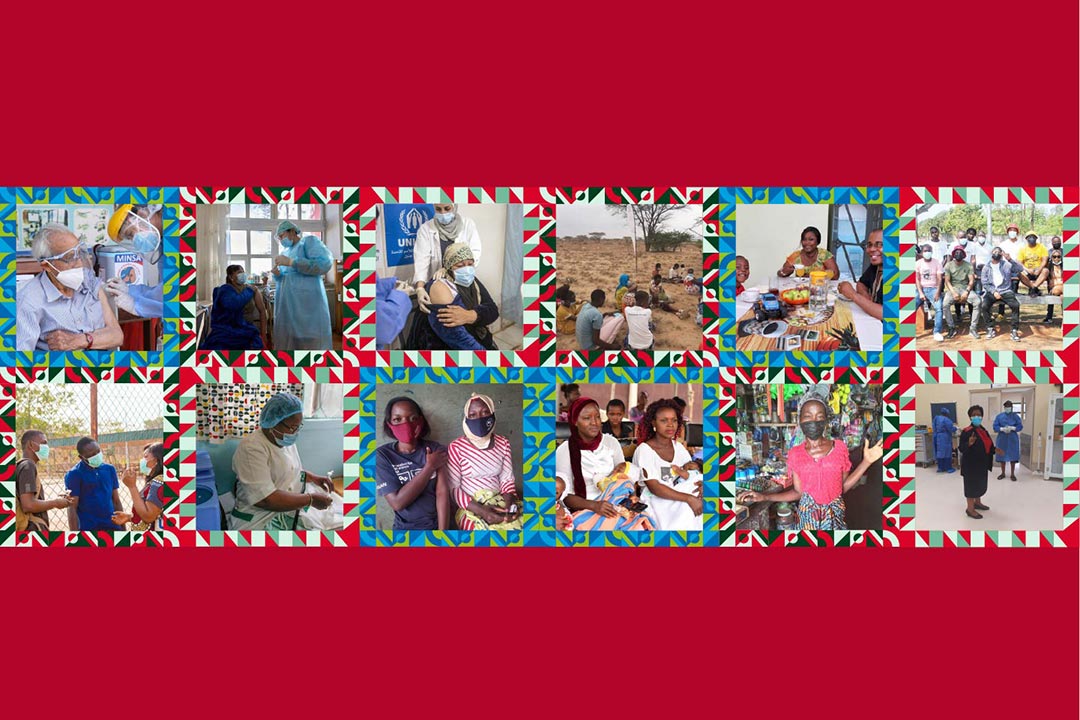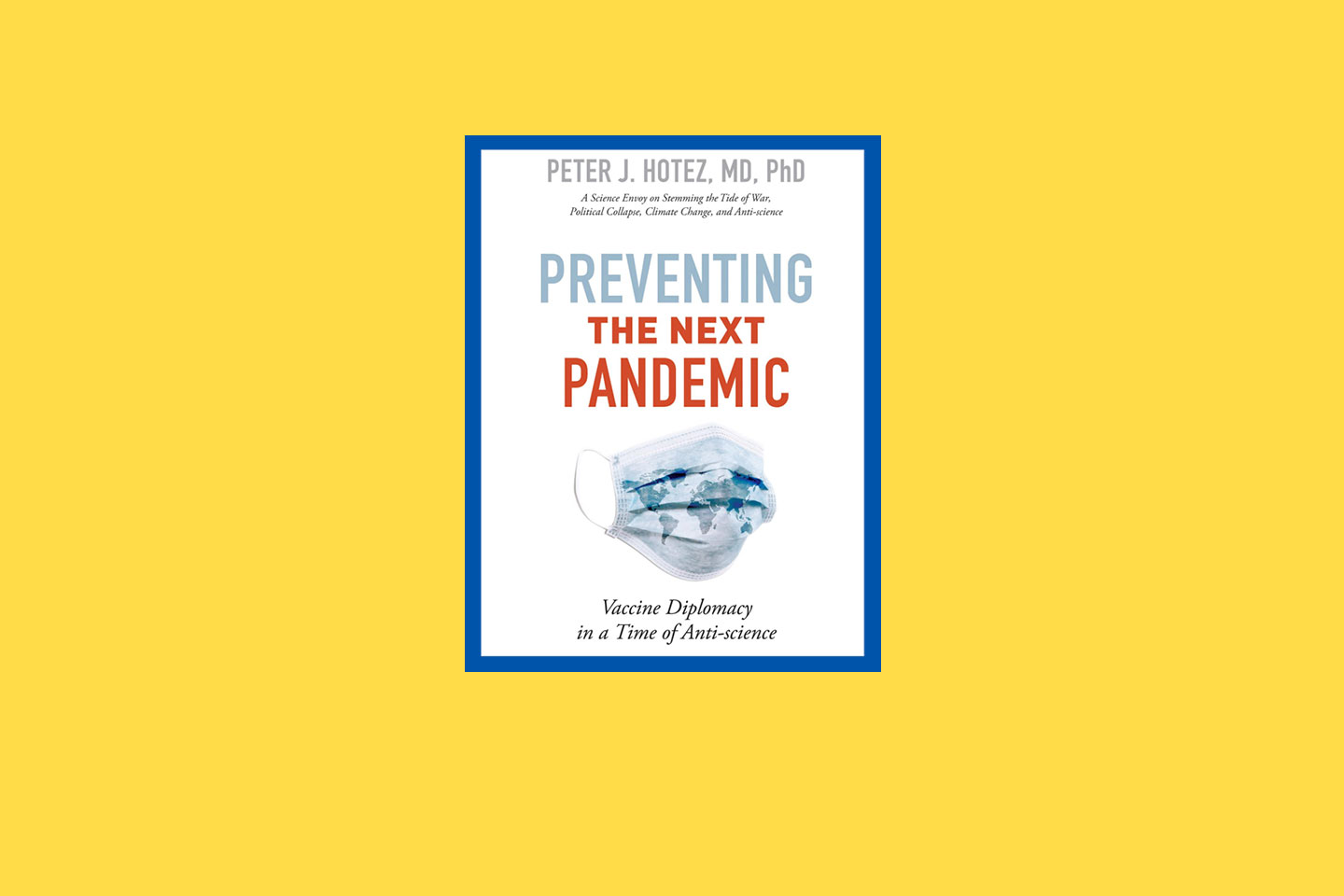How Gavi, UNICEF and WHO supported Timor-Leste’s successful COVID-19 response strategy
Timor Leste has kept COVID-19 infections to a minimum, and thanks to effective collaboration has managed to successfully reverse the initial declines seen in immunisation coverage and health service delivery.
- 21 October 2020
- 2 min read
- by Elinore Court
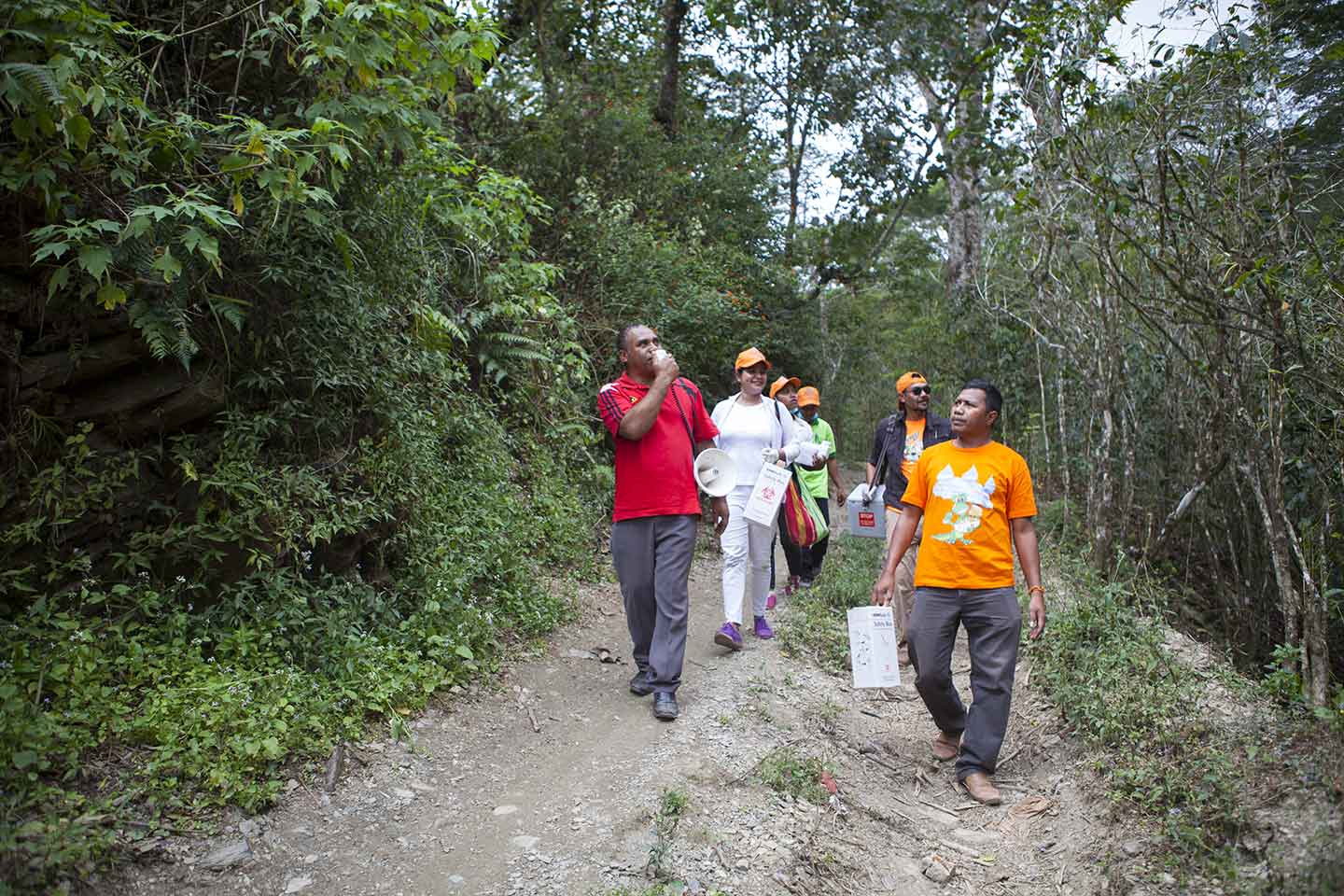
The COVID-19 pandemic has spared no region or country in the world. Countries with few or no cases have also experienced certain levels of disruption to essential health services, including immunisation. Disruptions, even for brief periods, increase the likelihood of outbreaks of vaccine-preventable diseases such as measles, putting lives at risk.
Early action by the Government of Timor-Leste and development partners enabled the numbers of confirmed COVID-19 cases to stand at 29.
In Timor-Leste, high rates of poverty and malnutrition, basic living conditions and limited access to clean water, sanitation and health facilities increase the risk of vaccine-preventable disease outbreaks. These factors also increase the country’s vulnerability to COVID-19.
However, early action by the Government of Timor-Leste and development partners has meant the number of confirmed cases of COVID-19 stands at 29. There has been no community transmission and no deaths. However, essential services such as immunisation were disrupted at the onset of the pandemic. UNICEF, Gavi and the WHO focused on a partnership with the government to ensure these services could recover and serve to protect children and families while they were at their most vulnerable.
“The COVID-19 pandemic has shown us how fragile the delivery and maintenance of essential health services, such as immunisation, can be during a crisis,” says Valérie Taton, UNICEF Representative in Timor-Leste. “Children should never have to be afflicted by vaccine-preventable diseases. It is, therefore, vital to continue to jointly support the Government of Timor-Leste to ensure all children receive vaccines as per the national immunisation schedule to prevent any secondary outbreaks of infectious diseases.”
Systematic efforts by the Timor-Leste Expanded Programme on Immunization (EPI) through targeted activities such as supportive supervision visits, rapid convenience assessments, school-based campaigns, house-to-house sweeping and outreach immunisation sessions have been successfully employed to ensure that any declines in immunisation coverage due to COVID-19 have been reversed. In some areas, this recovery has even exceeded previous coverage.
“The gains made in the area of immunisation after the initial and inevitable setback are reassuring and a reminder that partnerships and solidarity are key to achieving these goals,” says Dr Rajesh Pandav, WHO Representative to Timor-Leste. “The financial support from Gavi and the collaboration between UNICEF and WHO is a shining example of what working together can achieve.”
